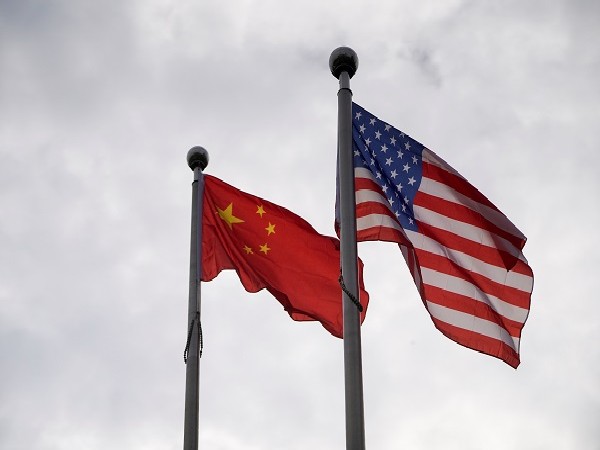0%

WASHINGTON: After the United States invited South Korea to join its semiconductor alliance “Chip 4” to build a cooperative platform for the semiconductor supply chain, China’s worries are set to bloom as the main goal of the communist nation to reduce its dependence on other countries for chips is likely to get hampered while US-China tensions rise.
This move comes as a shock to China which has dreamt of becoming a leader in semiconductor production by 2030 and is working overtime to enhance its capabilities and production to leave the US behind, a US-based publication reported.
The US-led Chip 4 alliance includes South Korea, Japan and Taiwan. In March, the US had planned to create a Chip 4 strategic alliance of global chip powerhouses.
Through the alliance, the US wants aims to build a cooperative platform for the semiconductor supply chain that will combine the US’ technological prowess, Japan’s materials and parts, and Korea’s and Taiwan’s manufacturing capabilities.
The US government has asked Seoul to respond to its invitation to join the chip alliance but South Korea has still not responded, reported The Financial Post.
However, the chip 4 alliance has left China worried as the move tends to curb Beijing’s growing capabilities as a chip maker.
According to the latest news reports, China is moving toward achieving more self-sufficiency in semiconductors which could eventually make some buyers reliant on China for many of the basic chips now in short supply.
Meanwhile, analysts in China have been critical of the US-led semiconductor alliance “Chip 4” and several tech experts urged South Korea to not blindly follow the US. “Its chip exports will suffer a huge blow, harming its 40- 50 billion US dollars chip trade per year with China”, The Financial Post reported, quoting Han Xiaomin, general manager of Jiwei Insights in Beijing as saying.
Moreover, no country is expanding faster than China across the world to boost production and is slated to build 31 major semiconductor factories, known as fabs, for the four years through 2024.
Beijing aims to produce more than two-thirds of its own chips in 2025, according to the state media.
As China is currently dependent on imports for its costly semiconductors demand, the US has deliberately chipped in to curb China’s growing capabilities in chip making.
Semiconductors are an important part of China’s tech industries as they are the most essential part of any consumer electronics and technology equipment. They are needed by all Chinese tech sector enterprises, be it a tech major like Huawei Technologies Co or one of the many Chinese cheap smartphone manufacturers.
The chip issue and China’s role in it started back in 2020 when the Trump administration announced that it would “narrowly and strategically target Huawei’s acquisition of semiconductors”. He blacklisted the Semiconductor Manufacturing International Corporation (SMIC), China’s largest semiconductor manufacturer and in order to meet the growing demand, Chinese President Xi Jinping brought in local chip manufacturers and launched the “Star startup project” to make China a chip powerhouse, The Financial Post stated.
Notably, US and Japan account for 30 percent of the world’s chipmaking capacity all by themselves and chipmaking powerhouses like Intel and Qualcomm are based in the US. (ANI)